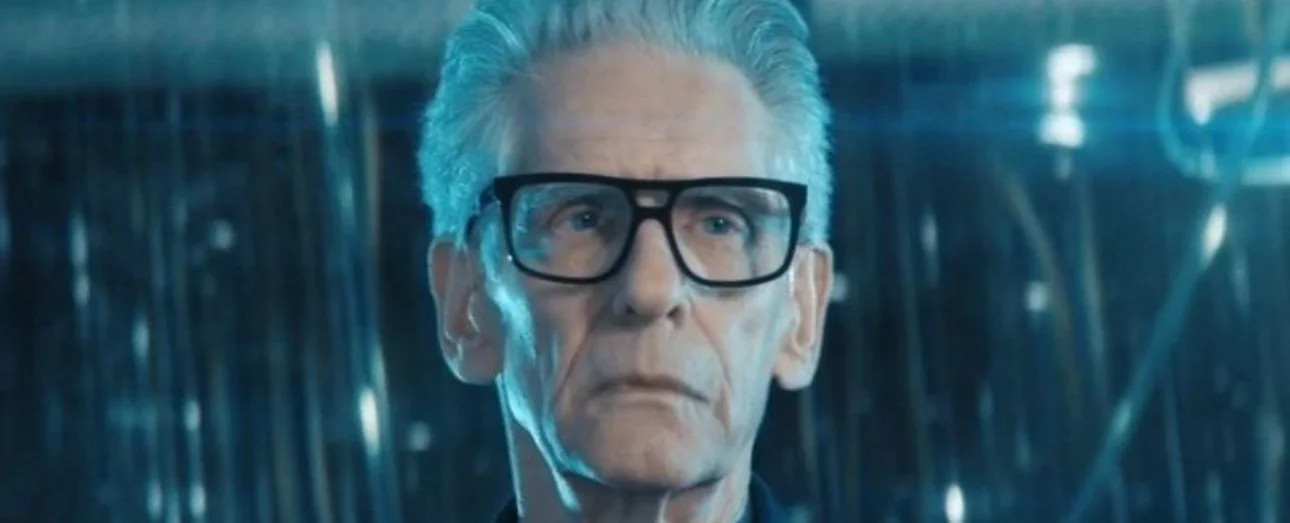Recently, critics, filmmakers, actor and audiences have been debating the lack of sex and nudity in today’s moves. Some, according to the Economic Times, believe Hollywood to have “entered a puritanical age and place blame at the feet of the #MeToo movement.” Is this assessment correct? Has the industry been scared off by sex?
Enter Stephen Follows, a film-data analyst, who decided to examine the 250 highest-grossing movies in America every year since 2000. By parsing data from film-rating bodies as well as information from movie databases, he’s found that the level of sexual content in films has fallen by more than 40% in recent years.
In 2000, less than 20% of the highest-grossing movies had no sexual content at all. Today almost half don’t have any. In Follows’ chart, you can clearly see a dip happening around 2018. It’s slowly tracked back up in the last few years, but nowhere close to pre #MeToo numbers.
Here’s how Follows concludes the piece:
The fate of the sex scene rests with the next generation. That does not bode well: Generation Z is notoriously chaste. Not only are youngsters having less sex than their elders did, but they also want to see less of it on screen, according to a poll conducted last year by the Centre for Scholars and Storytellers at University of California, Los Angeles.
Recent think-pieces from Eric Kohn and Adrian Horton have made the case against sex disappearing on the big screen.
The death of the sex scene might be due, in part, to the decline of the adult mid-budget drama, but it doesn’t differ from the fact that the Puritanism seeping through today’s culture is very much for sex-less behavior. In his piece, Kohn seemed distraught by the overall shift in on-screen sexuality:
In a post-MeToo era, the public discourse around consent tends to yield concerns of liberal censorship. Everyone’s so focused about what they can or can’t ask people to do that they stop asking them to do much at all.
This backlash to sex scenes comes amidst the rise of on-set intimacy coordinators who will often ask film-directors to consider why the sex scene might be important to the overall narrative. An intimacy coordinator, interviewed by the Economic Times, says that sometimes “those conversations result in changes to the script or the sex scene being deleted”.
It's also become much more difficult for a male director to depict sex on screen without being accused of using his own "male gaze.” Even the emergence of gay cinema has barely gone past a few seconds of tame sex, such as in "Brokeback Mountain" and Timothee Chalamet's love for a peach and Armie in "Call Me By Your Name."
Yorgos Lanthimos, whose “Poor Things” dealt with sexuality, recently wondered about the absence of sex in today’s movies: “It’s weird, isn’t it? Why is there no sex in movies?” the director said at a press conference at the Venice film festival.
Sex provocateur Paul Verhoeven has vocal been a critic on the lack of coitus in cinema, and his reaction to today’s lack of eroticism is dead-on:
“Sex is the essence of existence! Without it, there are no species anymore. So why is that a big secret? There is a new purity [at the movies]. Sexuality has been moved out of movies […] In the 1970s you could talk about it. But you arrive now, decades later, and those movies are not possible anymore. It would be very difficult to make a film like ‘Showgirls’ or ‘Basic Instinct’ now.”
He’s right. Storytelling can be sexy and sensual, depicting human fragility, or triumph, in ways that sometimes words can’t convey. Stripping sex out of movies can potentially deny the most human of needs to its characters.






